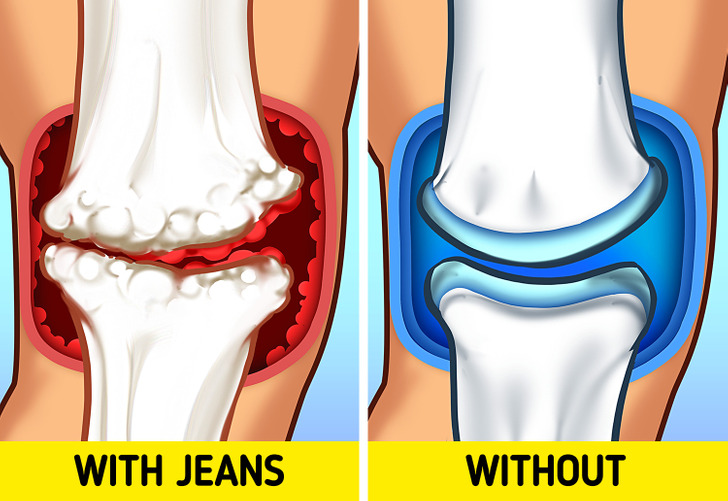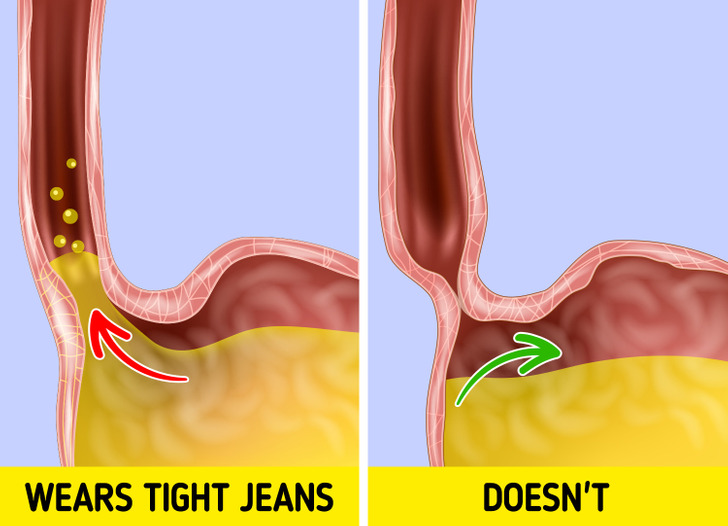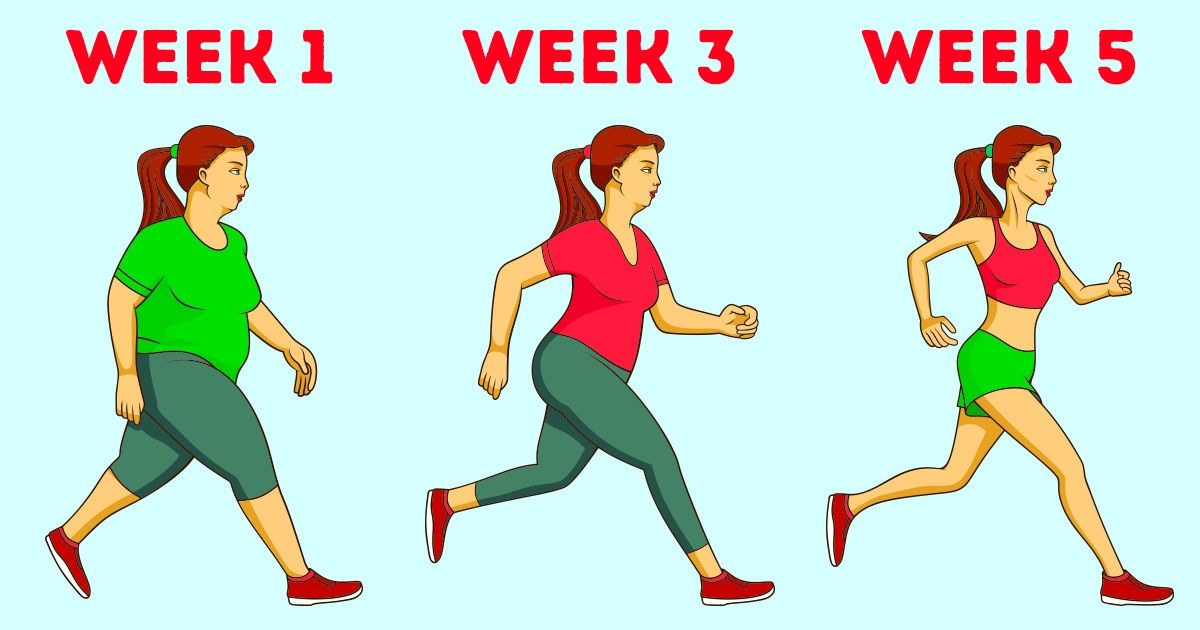Jeans are a wardrobe staple for millions worldwide, praised for their durability, versatility, and timeless style. However, while slipping into your favorite pair of denim might feel like second nature, wearing them for extended periods could come with unintended health consequences. From restricted blood flow to surprising digestive issues, this article explores the hidden risks of daily jeans wear and offers practical solutions to stay comfortable and healthy.
How Common Is It To Wear The Same Jeans Every Day?
Can Wearing Jeans All Day Lead to Foot Pain and Swelling?

Tight jeans, especially skinny or tapered styles, often constrict movement around the hips, thighs, and calves. This restriction forces your lower body muscles to work harder during walking or sitting, which can lead to tension radiating down to your feet. Over time, this strain may contribute to plantar fasciitis, swollen ankles, or even nerve compression, such as peripheral neuropathy.
A study published in the Journal of Foot and Ankle Research highlights how restrictive clothing can alter gait patterns, increasing pressure on the soles of the feet. Pairing snug jeans with ill-fitting shoes exacerbates the problem, trapping moisture and heat, which may lead to blisters or fungal infections. Opt for jeans with stretch fabric and ensure your footwear provides adequate arch support to mitigate these risks.
How Tight Jeans Impair Blood Circulation and Vascular Health

Compression around the thighs and waist from tight denim can hinder blood flow, particularly in the lower extremities. Reduced circulation may cause numbness, tingling, or a “pins and needles” sensation—early signs of peripheral artery disease (PAD). Prolonged compression also raises the risk of deep vein thrombosis (DVT), especially during long flights or sedentary workdays.
A 2021 report by the American Heart Association warns that restrictive clothing can elevate blood pressure in vulnerable individuals. To promote healthy circulation, choose mid-rise jeans with a relaxed fit around the thighs and avoid sitting cross-legged for extended periods.
The Unexpected Connection Between Tight Jeans and Aggravated Heartburn

Pressure on the abdomen from high-waisted or tight-fitting jeans can force stomach acid into the esophagus, worsening symptoms of acid reflux or GERD. This phenomenon, known as “tight pants syndrome,” is documented in a Gut Journal study linking increased intra-abdominal pressure to frequent heartburn.
Individuals prone to digestive issues should prioritize jeans with flexible waistbands or adjustable buttons. Post-meal bloating can also intensify discomfort, so consider switching to looser styles during periods of digestive sensitivity.
Posture Problems and Spinal Strain from Prolonged Jeans Use

Stiff denim fabric limits natural hip and knee movement, encouraging slouching or uneven weight distribution. Over time, this can lead to chronic lower back pain, spinal misalignment, or even a forward head posture. Chiropractors often cite tight clothing as a contributor to text neck syndrome, especially when paired with sedentary habits.
A 2020 study in Ergonomics International Journal found that participants wearing restrictive jeans experienced a 15% reduction in lumbar flexibility compared to those in stretchy attire. For all-day wear, opt for jeans with gusseted crotches or articulated knees to support natural movement.
Tight Jeans and Reproductive Health Risks: What Research Shows

For men, prolonged wear of tight jeans increases scrotal temperature, which studies associate with reduced sperm quality and fertility issues. Women may face similar risks, as overly snug denim can trap moisture, creating an environment conducive to yeast infections or urinary tract issues.
Gynecologists recommend cotton-blend jeans and avoiding ultra-tight styles for daily wear. The International Journal of Environmental Research and Public Health also notes that prolonged pressure on the pelvis can aggravate endometriosis symptoms.
How to Reduce Health Risks Without Ditching Your Denim
- Prioritize Stretch Fabrics: Look for jeans with 2-5% elastane or spandex for flexibility.
- Choose the Right Fit: Ensure a two-finger gap between your waist and the waistband to avoid compression.
- Take Movement Breaks: Stand, stretch, or walk for 5 minutes every hour to boost circulation.
- Layer Smartly: Swap to looser fits during meals or bloating-prone days.
- Wash Regularly: Clean jeans weekly to prevent bacterial buildup in high-friction areas.
Conclusion
While jeans are a fashion staple, wearing them all day can pose hidden risks to your circulatory, digestive, and musculoskeletal health. By opting for ergonomic designs, prioritizing comfort, and taking proactive breaks, you can enjoy denim without compromising your well-being. Remember: style shouldn’t come at the cost of health.
For more insights on balancing fashion and wellness, explore trusted resources like Healthline’s Guide to Ergonomic Clothing or consult a healthcare provider for personalized advice.









